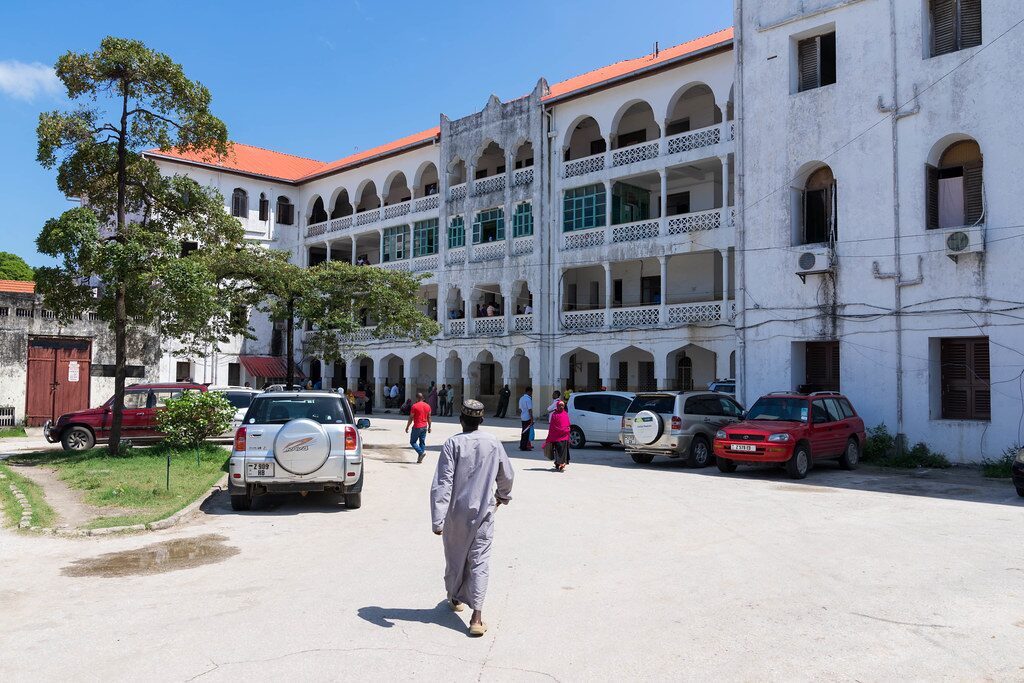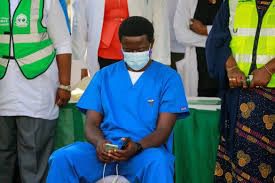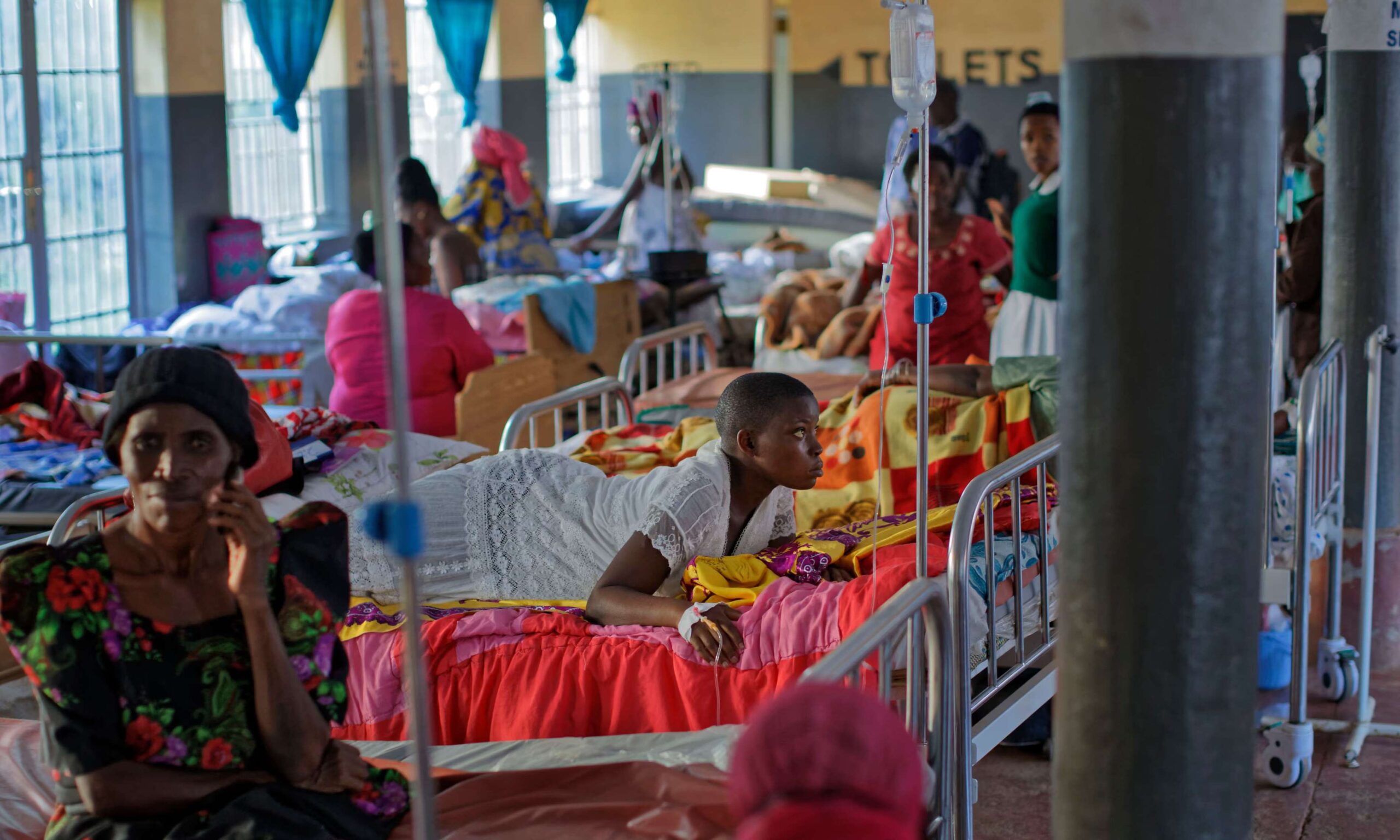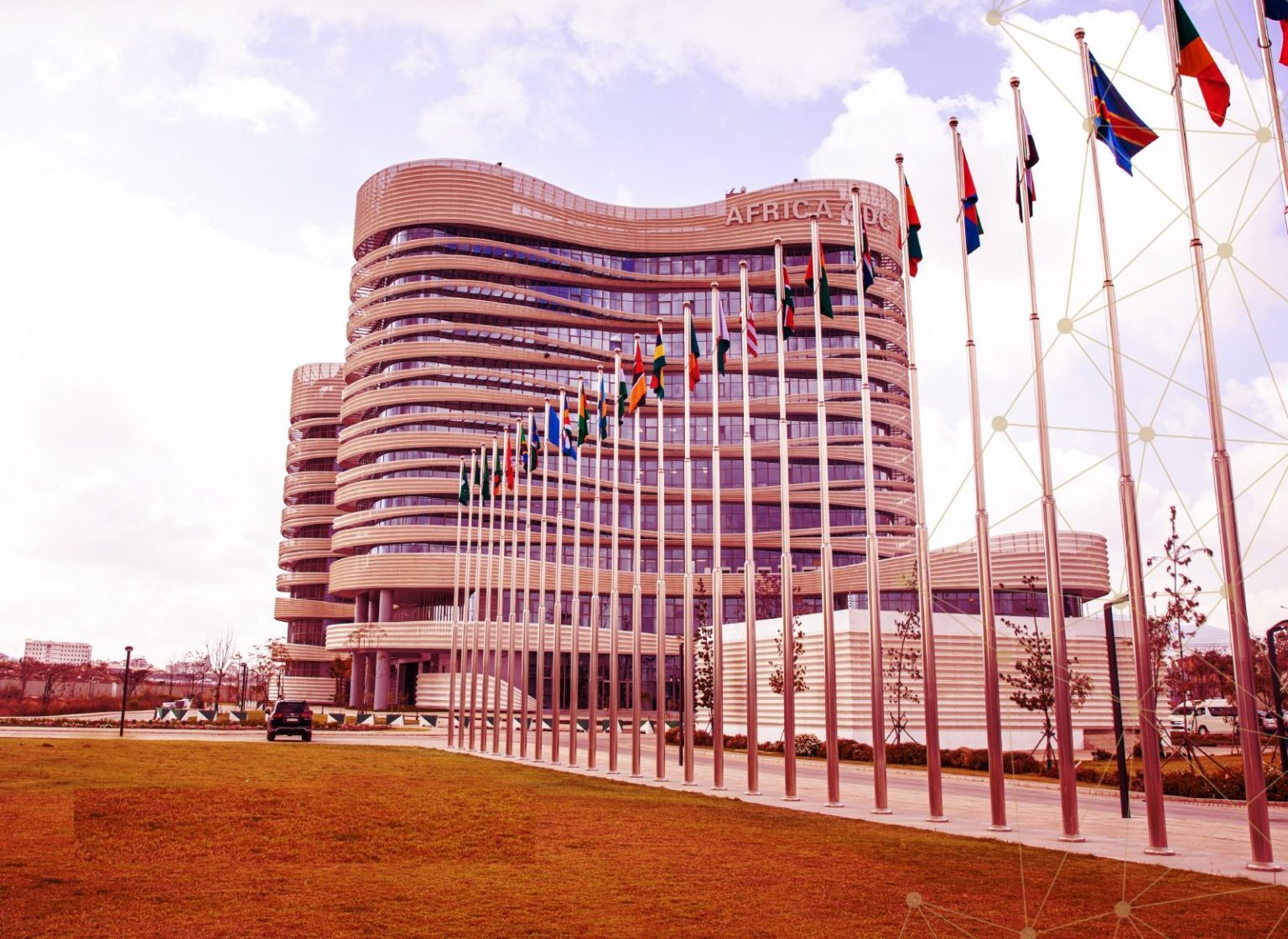
Wednesday 16th April 2025

Par inAfrika Reporter
Nigeria’s public health sector is on the brink as thousands of medical professionals continue to leave the country in search of better conditions abroad. The Nigerian Medical Association reports that over 16,000 doctors have emigrated in just the past seven years, leaving hospitals across the country struggling with serious staffing shortages. Federal facilities now face entire departments with no specialists, while patients are left to navigate overcrowded wards and hours-long wait times.
On April 9, the crisis dominated local newspaper headlines. The Health Minister admitted to a “mass migration” of medical professionals, and The Guardian described the trend as a fiscal loss, as Nigeria spends heavily to train doctors only to see them leave. Key reasons driving the exodus include poor pay, outdated or non-functional equipment, and growing insecurity. Countries like the UK, US, and those in the Middle East offer significantly higher salaries and safer, more structured work environments. A junior doctor in Nigeria can earn as little as one-fifth of what they’d make in the UK.
The government has responded with limited reforms. A 25% salary increase for resident doctors was recently announced, alongside a “task-shifting” policy allowing nurses to take on some clinical responsibilities. But health experts say these measures barely scratch the surface of a crisis that’s been brewing for years. In rural communities, a single doctor may be responsible for tens of thousands of people.
The World Health Organization has already listed Nigeria among countries facing a critical health workforce shortage. The loss also has broader implications. Nigeria plays a crucial role in regional health efforts, like coordinating disease surveillance during Ebola outbreaks. A collapsing health system here could destabilize healthcare responses across West Africa.
There’s growing talk in Abuja of demanding compensation from wealthy nations that actively recruit Nigerian doctors. In the meantime, everyday citizens are left with limited choices relying on traditional medicine, self-medicating, or traveling abroad for treatment if they can afford it. Without bold investment and long-term reform, the drain of talent could continue unchecked, weakening not just Nigeria’s health system but also the hope of a healthier future across the region.


